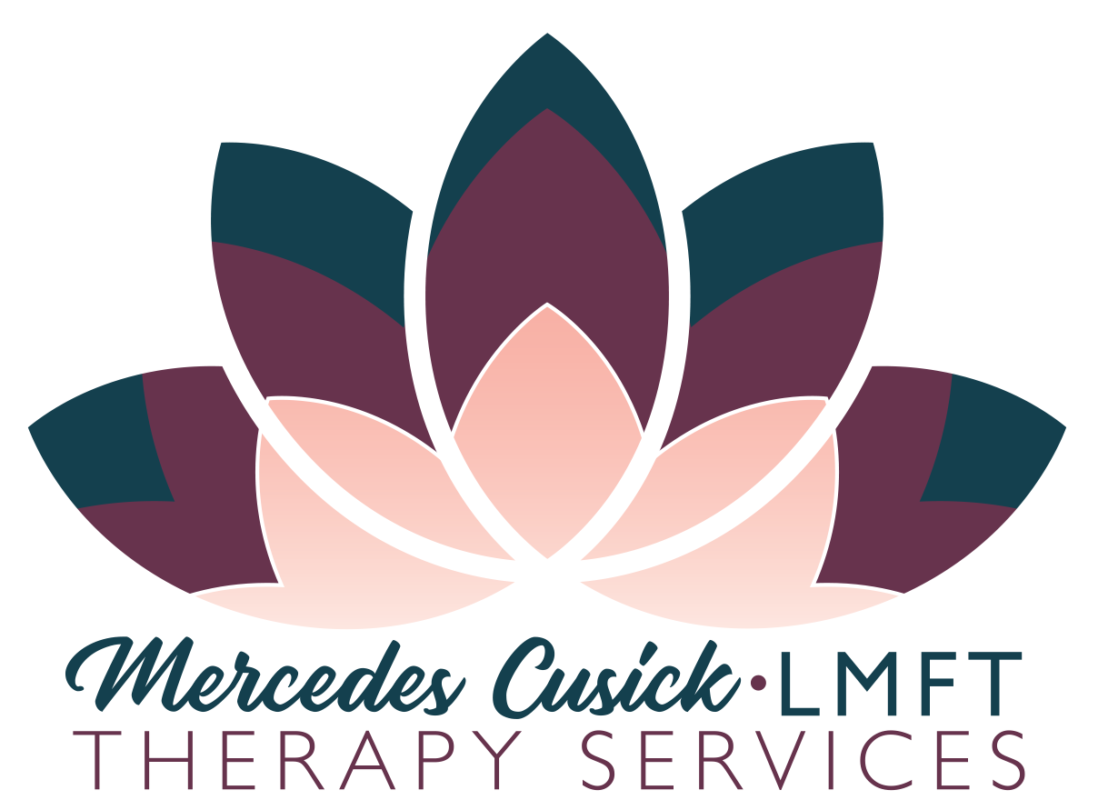As a trauma spcialist, I’ve seen firsthand how the echoes of past traumas can ripple through generations, affecting families in profound and often unseen ways. This phenomenon, known as transgenerational trauma, is a crucial concept to understand as we work towards healing and resilience.
What is Transgenerational Trauma?
Transgenerational trauma, or intergenerational trauma, occurs when the effects of trauma experienced by one generation are passed down to subsequent generations. This can impact the emotional, psychological, and even physical well-being of descendants who may not have directly experienced the initial trauma.
How Does Transgenerational Trauma Occur?
- Genetic Changes: Trauma can lead to changes in gene expression through a process called epigenetic modification. These changes can be inherited, making future generations more susceptible to stress and trauma-related disorders.
- Behavioral Patterns: Traumatized individuals often develop coping mechanisms such as substance abuse or aggressive behavior. These behaviors can be modeled and adopted by their children, perpetuating a cycle of trauma.
- Emotional Climate: Children growing up in environments where caregivers are affected by unresolved trauma may experience an atmosphere of fear, anxiety, or emotional instability. This can hinder the child’s emotional development and coping skills.
- Parenting Styles: Trauma can impact parenting styles, leading to overprotectiveness, neglect, or inconsistent discipline. These parenting styles can negatively affect the child’s sense of security and self-worth.
Examples of Transgenerational Trauma
- Holocaust Survivors: Descendants of Holocaust survivors often experience higher levels of anxiety, depression, and PTSD, even if they did not directly experience the traumatic events.
- Indigenous Communities: Many indigenous communities around the world experience transgenerational trauma due to historical events such as colonization, forced displacement, and cultural suppression. This trauma manifests in higher rates of substance abuse, mental health disorders, and social challenges.
- African American Communities: The legacy of slavery and systemic racism in the United States has led to enduring trauma in African American communities, contributing to disparities in mental health and socio-economic status.
How Can We Address Transgenerational Trauma?
- Awareness and Education: Understanding the concept of transgenerational trauma is the first step in addressing it. Education can help individuals recognize patterns of behavior and emotional responses linked to ancestral trauma.
- Therapeutic Interventions: Approaches such as Eye Movement Desensitization and Reprocessing (EMDR), trauma-focused cognitive behavioral therapy (TF-CBT), and family therapy can help individuals process and heal from inherited trauma.
- Cultural Healing Practices: Incorporating traditional and cultural practices into healing processes can provide a sense of identity and community support, which is crucial for overcoming transgenerational trauma.
- Policy and Social Change: Addressing the root causes of systemic trauma, such as discrimination and inequality, through policy changes and social justice initiatives can help break the cycle of trauma for future generations.
Moving Forward with Hope
Understanding and addressing transgenerational trauma is essential for fostering resilience and healing in individuals and communities affected by historical and systemic traumas. By breaking the cycle of pain, we can create a healthier, more hopeful future for ourselves and the generations to come.
If you or someone you know is struggling with the effects of transgenerational trauma, please reach out for support. Together, we can navigate the path to healing and growth.
About the Author:
I am Mercedes Cusick, LMFT, a certified EMDR trauma therapist specializing in EMDR intensives. I am dedicated to addressing trauma-related challenges and improving mental health outcomes. My commitment to trauma therapy is driven by its significant therapeutic effects, particularly for individuals grappling with complex trauma, PTSD, toxic relationships, and narcissistic abuse.
Serving a diverse community with dedication and empathy, I am proud to support individuals in the Los Angeles area, specifically in Woodland Hills, Calabasas, Agoura, Hidden Hills, West Hills, Northridge, Winnetka, Tarzana, Studio City, Sherman Oaks, Malibu, and Beverly Hills. Together, we can journey toward healing and resilience.


